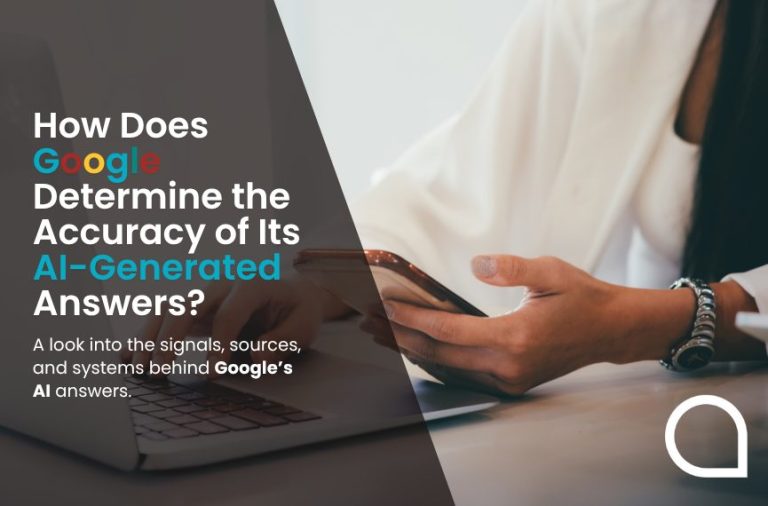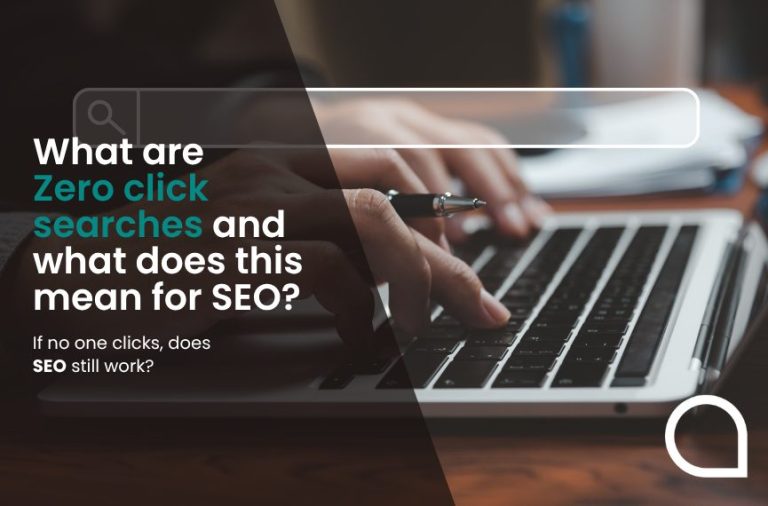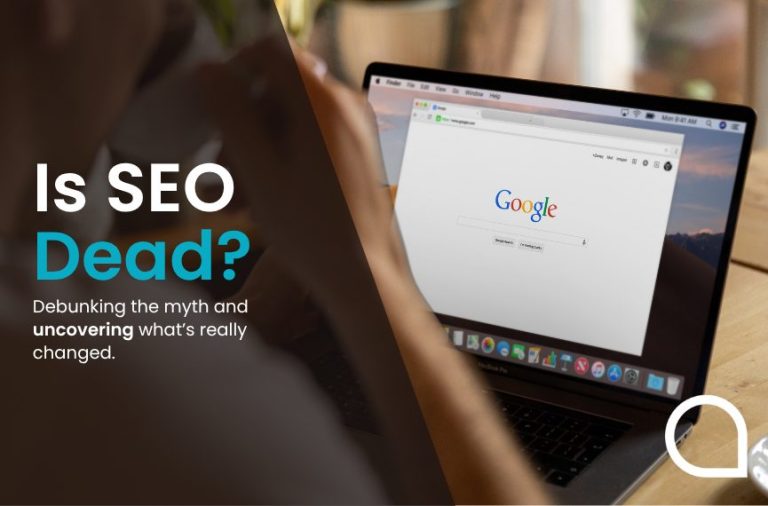Most website owners get at least one email a day offering them SEO services and most ignore them.
But how do you know if your website really could benefit from Search Engine Optimisation and if it could, what exactly should you be paying for?
The starting point
Most people, when faced with the task of optimising a website will look online for some help and there’s no shortage of tools out there with which you can test your site. As an example, we ran a Google search for “online SEO checker” and selected the top six organic results.
Each of them offers a free analysis service so we put the url of a website we own into each of them and asked them to review our website.
The results varied across the piece and those that gave scores ranged from 46 to 61 out of 100, so overall this site was about half optimised according to these tools.


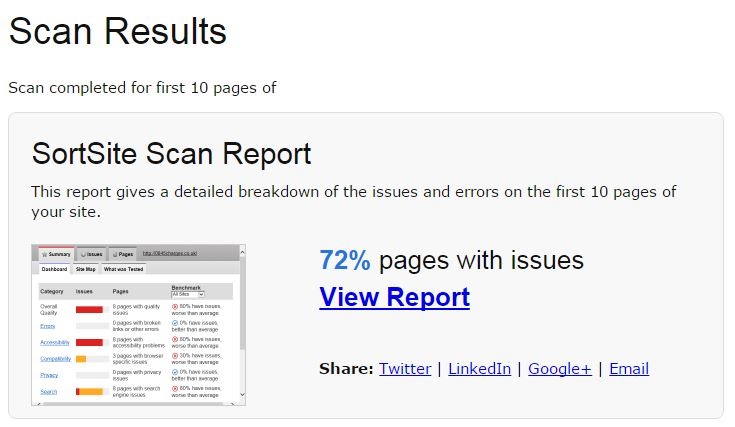
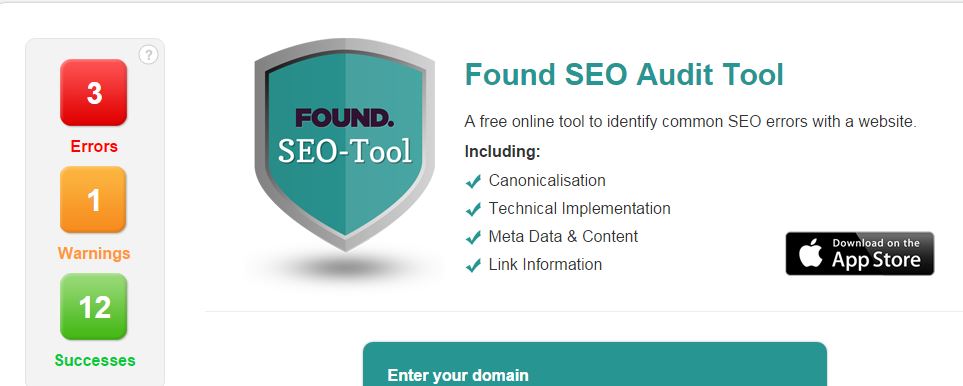

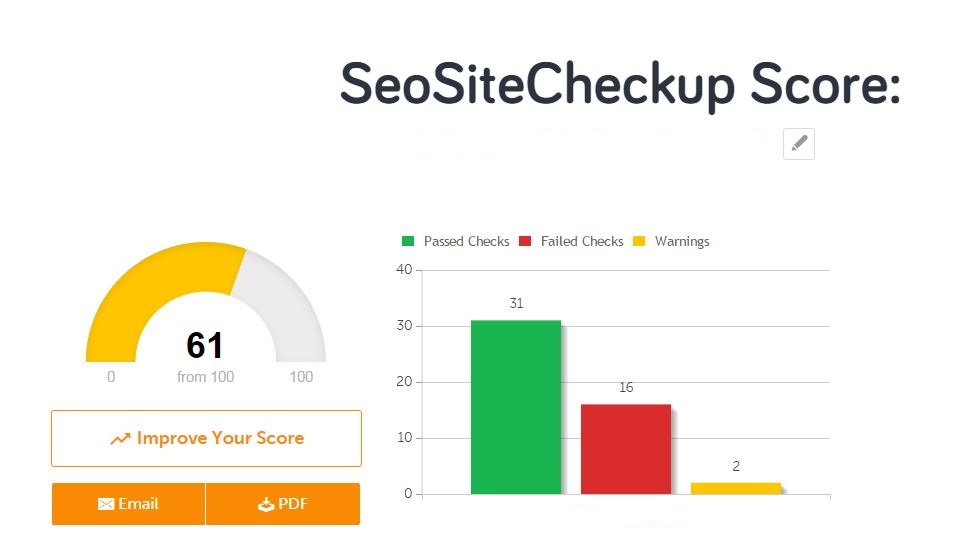
The issue is that none of them were consistent. Some were better than others, some missed obvious things and others picked up on items which would make no material difference to your everyday SEO. On the whole, most of them did find the easy and obvious bits so there is definitely some value in running these tests.
All of them however suffered from the same problem which is that they are designed to hook you into buying their SEO service. Some offered partial reports with certain elements being ‘premium’ service whilst others gave you the same thing for free. One of them even allows a banner advert trying to sell you ‘premium links’ which is more likely to get you a Google Penalty than anything else. The trick here is to run your website across a number of these different free services and pick out anything that is consistent on all of them.
For example, on our site, all bar one of the checkers picked up the fact that the meta description on the home page was missing. Given that this is a key element in getting your sales message across it’s pretty important. The fact that most of them found the issue highlighted that we needed to change it and that this was one element that should definitely be on the ‘to do’ list.
If you do this for your website you will quickly see which things are essential to fix to optimise your website for Google.
The next steps
Having run the tests you may well find that there are some bits you can do and some you can’t do. The question is, should you do anything about them?
Well, as a rule of thumb if your site scores well overall i.e. above 75 or more on their score charts then you may well be able to get away with doing nothing. This is not advocating that you ignore your site’s optimisation, more that you shouldn’t need to spend large sums of money putting right the things highlighted as wrong.
If you are lucky enough to have a website which does score highly then it is still worth addressing the things which are highlighted that you can do yourself, such as meta descriptions, content or title tags.
There may well be some elements which you won’t be able to do such as reducing the number of inline CSS styles or HTML compression. These elements can make a difference to the way your site is optimised so it’s worth considering getting these fixed.
The decision on whether to proceed with these changes needs to be done with a bit of context in mind.
Some of these tools are designed to make you feel as if your website is a hopeless wreck with these changes being made. As an example, we tested https://www.google.co.uk/ on each of them and none of them gave it a clean bill of health. Even putting the url’s of the checkers themselves through their tools, they still didn’t get 100%.
Even if you did make all the changes they suggest and get your site to 100% the question remains, will this make any difference to where you rank on Google?
The SEO decision
We often get people coming to us who have been through this sort of process and in many cases they have tried some ‘cheap SEO’ to see what happens. In most cases they get some simple technical changes to their site (if they are lucky) which encompass no more than these free tools will give you or they get some automated link building which does little for the site or its rankings on Google.
The problem is that even doing the things they recommend could still make no difference.
As an example, changing title tags, H1’s and meta descriptions are common bits of advice given to anyone optimising a website. But what should you change them to? Do you actually know? How do you find out? What research should you be doing to determine what these things should say and having made the changes what are you expecting to happen? How will you measure the results?
And so we end up talking to customers and prospective customers about the thing you really pay for with SEO; time and experience.
It seems odd that in so many areas of life we take it for granted that we need a specialist to help us.
If your teeth are hurting you go to a dentist and will pay large sums of money for specialist help. Similarly, with a legal problem, we seem to have no problems paying Solicitors for their time and advice.
Now I appreciate that SEO doesn’t have the same standing as these professions. It’s not been around for hundreds of years and there is no single professional body which oversees the competence of its members. And on that basis choosing a good SEO firm can be something of a lottery. So, how do you do it?
What SEO should really do for your website
First off you want to find a firm that understands Marketing. Not just someone who says they do but preferably someone with qualifications to back it up.
The reason for this is simple; SEO is no longer all about just the technical side of getting your website ranking. We have seen many examples of websites that rank highly for keywords and get lots of traffic yet don’t do any business.
Why? Because the website has been optimised for machines, not humans.
Last time we checked it’s humans that need and buy your products and services which is where the Marketing knowledge is essential. Modern websites need a careful blend of technical know-how and traditional sales and marketing.
If you get this bit right then SEO should help your website to rank well for the keywords that matter to your business and help encourage people to buy from you.
We’ve compiled a quick list of some of the things that are thrown at us about SEO. Do any of these strike a chord with you?
SEO is NOT
- The only thing you need to do to get your website to work well
- A replacement for good solid professional Marketing
- A tick box exercise, as Google changes daily[1]
- A ‘quick’ process to get your website on the ‘front page’ for an indeterminate number of phrases/keywords
- A panacea for all that ails your website
- A dark art with smoke and mirrors
SEO is
- An essential component within a Digital Marketing Strategy
- A professional service to help deliver long term Marketing and business goals and strategies
- A long-term process that delivers consistent benefits and sales leads to your business
- About understanding and recognising the changes made by the search engines and adjusting your website accordingly.
- An ongoing process to help identify how best to optimise your website so that the Search Engines can crawl and index your website properly
- Just one part of the overall marketing jigsaw
Summary
So, the summary is that SEO should help you to deliver business, not just rankings. Getting the technical elements of the website right is an important step towards success but not the only step. Be wary therefore of firms that can offer a ‘tick box’ solution to your issues as in many cases this simply won’t have the desired effect.
If you are going to pay for SEO services you want transparency on what they are going to do for you, a clear plan which starts with basic research and understanding of your market and a strategy for how this influences both your keyword positions and the way customers see your website.
If you need some reassurance then choose a company who are part of the Google Partners programme as firms are only allowed to be Partners if they can demonstrate competence and an understanding of Google’s products.
To find out more about how Aqueous could help you with your SEO call us on 0800 285 1424 and let us start the process of helping you drive your business forward.
[1] In 2013 Google made over 380 changes to its algorithm

